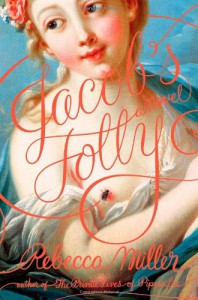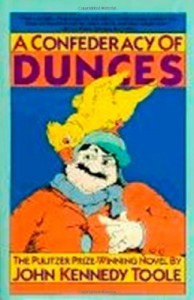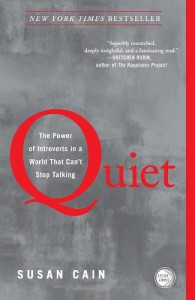Special Dead (Twice Shy)

Ani Romero has returned to high school, along with the classmates she infected with Zombie Virus. Amid court battles over zombie "personhood," these teens have been allowed to return, but to an isolated classroom nicknamed "Special Dead". This is the follow-up to Twice Shy, which I did not read. It doesn't matter, since Freivald deftly recaps the events from the first book.
The story, and the idea of courts having to decide whether zombies should retain full human rights, was very good. I think it could have really benefited from being told in the first person, in Ani's voice. The only "thought bubbles" we had were Ani's, no other character's, so it seems like Ani should have just told us the story herself. It would have ironed out some of the awkward passages, and would have helped make some of the seemingly extraneous action more meaningful. Part of me suspects that using the third person was a way of getting to call Ani's mom "Dr. Romero" as often as possible, but maybe that's the "Night of the Living Dead" fan in me.
Overall, I enjoyed the book, and would probably hand it to a teen zombie fiction fan. There's enough detail in the restrictions the zombies would live under that it makes a thought-provoking read. Who else in our society would we consider "other" enough to do this to?
This review is based on an uncorrected advance copy received from LibraryThing Early Readers.





 1
1













